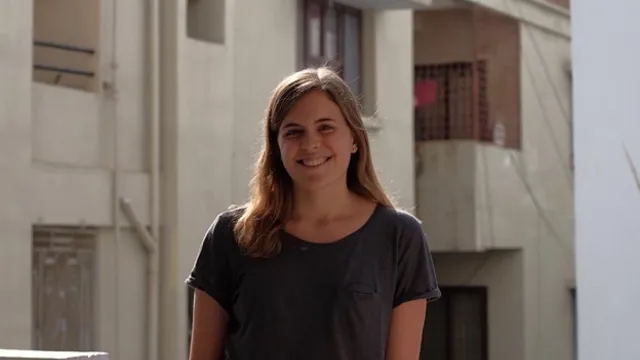When I was in high school, my teachers, advisors, and college admission officers outlined how I should prepare for university. I made sure my class schedule was rigorous, got involved in extracurricular activities, spent valuable class time preparing for standardized tests, and anxiously mitigated any less-than-perfect grade. I went along with this idiosyncratic preparation because I enjoyed taking advanced classes and getting involved in volunteer projects, debate, and ski club. However, when I began to apply to universities, I was disheartened with the reality that my application and profile only reflected a small fraction of who I was, what I was able to accomplish, and what I had learned.
My personal statement essay was revised and edited until it was “complete,” but, in reality, the 600-something word piece constituted a foggy image of who I was. My ACT score was strong, but a static number isn’t predictive of what I could accomplish. And my long list of activities and extracurriculars may seem impressive at first glance, but I wished I could have expanded on the impact I was able to make with these opportunities.
I wanted to share how my exchange year improved my resilience and instilled a passion to learn German. I wished that admissions officers could watch the short film I had created on my own and see my creative side first-hand. How could I explain the personal significance of a leadership summer camp I attended in just one sentence? What about the nuances I learned through years of debate club that could not be understood through just the names of awards I received? I wanted to be represented by what mattered to me most — the significance these experiences had and the meaning they held in my life.
Whether researching potential colleges online or visiting their campuses, I didn’t feel the sense of belonging I was searching for. Nothing clicked.
Then I remembered Minerva, a university I recalled as untraditional, new, and unique with a one-of-a-kind study abroad model. I had been introduced to Minerva about two years before but didn’t explore it as a viable option because I thought being accepted was way out of my reach. Unsatisfied with my other options, I began to research more into Minerva and found myself drawn to its pedagogy, global rotation, and diverse student body. Unlike my experiences with other universities, I was finally able to picture myself at Minerva.
And when I saw Minerva’s application, I was excited and relieved. The application was free, no standardized test scores were accepted, and I wouldn’t have to write another personal statement. Instead, it was divided into three parts: “who I am,” “how I think,” and “what I have achieved.”
- “Who I am” was straightforward and established who I was based on basic information about where I was from, what languages I spoke, and my academic history.
- “How I think” required completing a series of prompts and puzzles to measure how I thought creatively, mathematically, and communicatively. Unlike standardized tests, these challenges did not test exactly what I had memorized but gauged how I think in critical and creative ways.
- The final section, “What I have achieved,” gave me the opportunity to explain what I had been able to achieve over the last few years. More than simply making a list, there was space for me to discuss why I chose what I did, my process through it, and how the experience shaped me as a person. I illustrated each accomplishment with photos and videos so the admissions team could understand the personal significance. This was the space I had been searching for to discuss my growth from my exchange year, why I chose to join the debate club, and pursue creative projects, which were omitted or misunderstood in my traditional university applications.
Minerva’s application took away the pressure that comes with attaching one’s worth to a number and replaced it with dedicated space to share the complete version of my journey. While I was accepted to other universities, by the end, my application to Minerva was the only application I felt accurately and holistically portrayed who I was as a person and who I wanted to become. I felt empowered that I was given the opportunity to authentically and clearly communicate my passions and curiosities, finally finding that sense of belonging I had been searching for throughout my application process. I was confident that Minerva had accepted me for me.
--
Minerva University is a 4-year undergraduate program designed for future leaders & innovators. Minerva students will call seven cities home throughout four years (San Francisco, Taipei, Seoul, Hyderabad, Berlin, Buenos Aires, and London). Additionally, students will say goodbye to all lectures, tests, and exams. Instead, they will actively participate in socratic-style learning within classes no larger than 18 students facilitated by world-class faculty. On top of it all, Minerva students will study and travel alongside a small and tight-knit community with over 45 nationalities represented.
Applications are still open for Fall 2022. All NSHSS members are eligible for a $10,000 need-based scholarship - click here to learn more.
